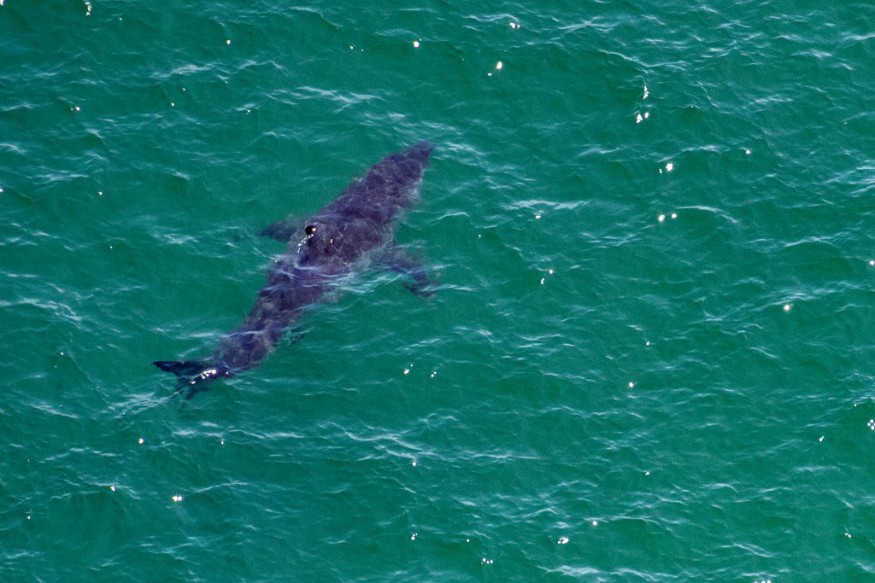Great white shark tourism in Guadalupe Island has been banned by the Mexican government until further notice.
Multiple reports stated that the decision is based on bad practices in the industry, which has significantly contributed to the Central American country's economy but endangered sharks and their natural habitats in the waters of the island, located in the Pacific Ocean off the coast of Baja California, Mexico.
For years, Guadalupe Island has been a widely popular site for various shark-related tourism activities like cage diving, which allows both local and international tourists to view sharks while underwater by using a bait.
Other activities include shark-watching and sport fishing, which was also suspended by the Mexican government from May to December in 2022 due to the threat to the sharks' marine habitats.
Great White Shark Tourism

The Mexican government has placed an indefinite ban on great white shark tourism on Guadalupe Island after imposing the restriction on January 10, as a response to bad practices in the industry, according to the Mexican government agency Ministry of Environment and Natural Resources, as cited by the Smithsonian Magazine.
The apparent practices include "mishandling the bait" which is used to attract sharks in the waters surrounding the island.
In addition, tourists and film crews swimming outside of their cages, drones flying above seal colonies, and among other reasons have been cited by the ministry.
Also Read : Hidden 'Social Club' of Great White Sharks Discovered Around the Waters of Guadalupe Island
What is Shark Ecotourism?
Shark tourism, also called as shark ecotourism, is an industry that allows people to view sharks in the open ocean, as well as help understand and interact with them in their habitat.
While the nature of the said industry is for commercial and leisure purposes, shark tourism-related activities in Guadalupe Island reportedly made a negative impact to the ocean predators in the area, based on reports.
According to estimates, shark ecotourism Guadalupe Island has garnered around $25 million in terms of net revenues in the Mexican state of Baja.
Supporters of the industry asserted that cage diving with sharks keeps the marine animals safe from poaching, according to the travel news website Dive Photo Guide (DPG).
In a news release in January, DPG reported that the decision of the Mexican government to close Guadalupe Island is expected in March.
This is related to the previous decision of the government to close the Guadalupe Island Biosphere Reserve in 2021, as well as the said banning of shark cage diving and other recreational activities in 2022.
Guadalupe Island Shark Deaths
Some of the reasons that placed shark tourism in Guadalupe Island into the hot seat is due to shark deaths or injuries involving the industry in recent years.
In 2016, a shark got stuck between the bars of a shark diving cage, resulting in serious injuries.
In 2019, a similar incident occurred that likely caused a shark's death; wherein disturbing videos online showed a great white shark struggled while attempting to squeeze into the cage with divers inside at Guadalupe Island, USA Today reported.
These incidents have been reportedly called out by the Mexican government, as cited by the Smithsonian Magazine.
© 2025 NatureWorldNews.com All rights reserved. Do not reproduce without permission.

